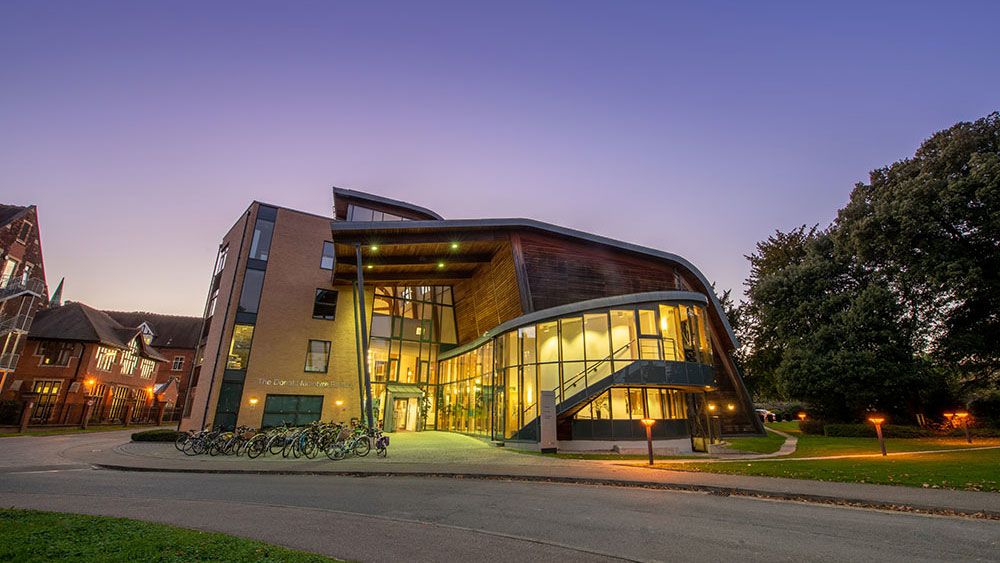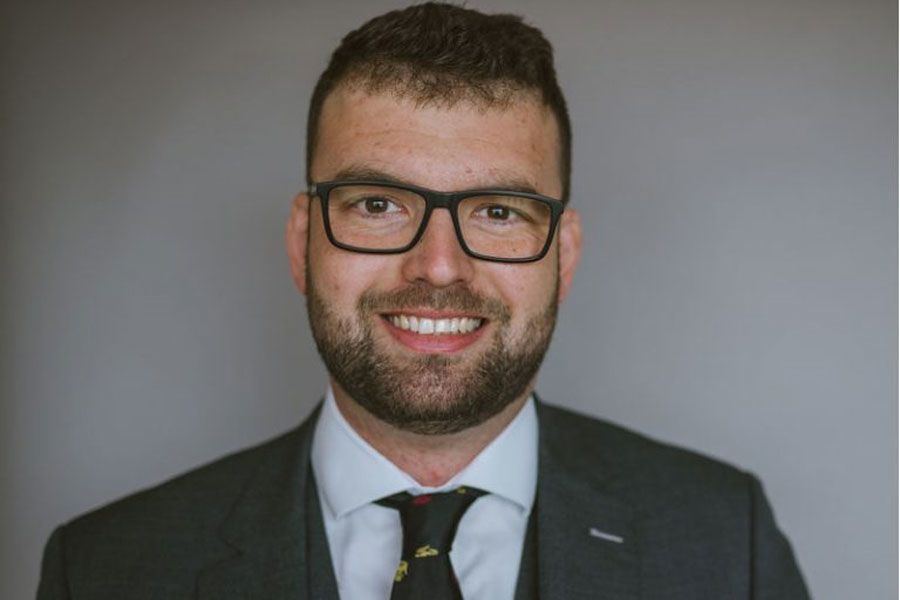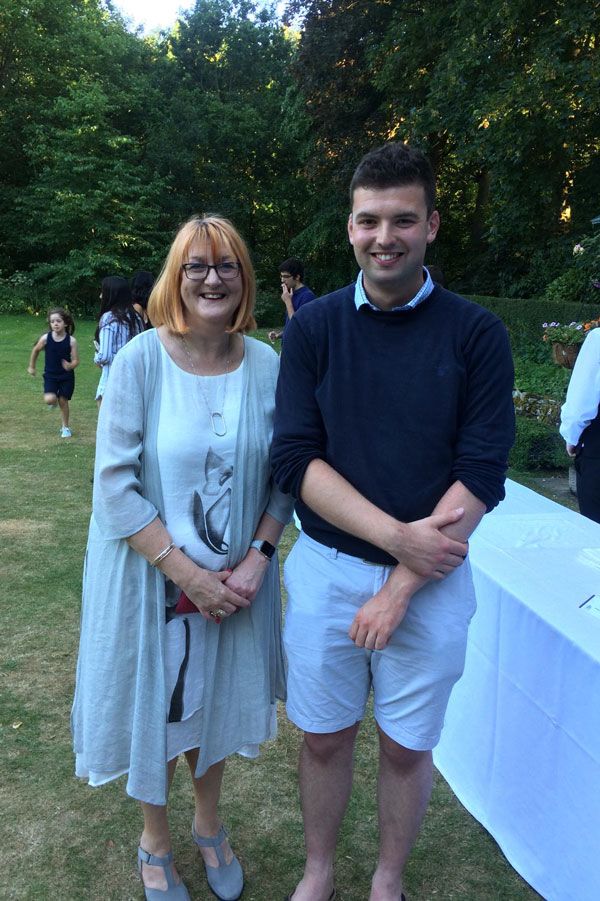What do Education graduates do next?

I chose Education while doing some gap year work, which developed my interest in how society shapes our experiences at school.
After sixth form and during a gap year, I applied for a job as a teaching assistant in a primary school. My job was to support a group of Year 5 children who were below the expected level of attainment. I was 19 and the teacher I worked with gave me a lot of freedom to try out different, creative ways of engaging with the children. This got me interested in why some children do better than others and what we could do differently to help them. I became increasingly curious not just about classroom techniques, but about social inequality and the systems, structures and social contexts which influence children’s outcomes.
I was interested in education as an area of academic enquiry. I wanted to know how children learn, how teaching could be improved, and how the system might be made fairer. At the same time, I was looking for a degree course to pursue after my gap year and found the Education degree at Cambridge. It seemed to bring together everything I was looking for and just felt like a natural fit.
James is now a barrister with St John's Chambers.
James is now a barrister with St John's Chambers.
I found myself becoming more and more interested in the psychology of education.
When I started the course I was drawn to the sociology of education – thinkers like Bernstein and Bourdieu. But over time, I found myself increasingly interested in the psychology side as well – the mechanisms of learning, and child-led learning in particular.
For my undergraduate dissertation, I was able to work with a research team in the Play in Education, Development and Learning (PEDAL) Centre, looking at children’s pretend play and whether, through that play, children’s social skills are developed. I learned to code data from video recordings of 4- and 5-year-old children, analyse their interactions and link this information to teachers’ assessments of their social development.
It was really helpful to be able to work with an actual research group that was using this material for serious, live projects and published studies. It was a good basis for understanding how academic research works. I ended up staying on after my undergraduate degree and doing a Masters, and writing a book chapter with David Whitebread [former Director of the PEDAL Centre] about the different psychological mechanisms through which children learn.
The ability to think critically about what I’m reading is something that I trace back to my studies at Cambridge.
I almost stayed in academia – but ended up as a barrister practising in family law.
After my Masters, I did have a PhD offer and some funding, so was planning to stay and do that. But after serious thought I decided I was ready to move on. I wasn’t sure that I wanted to stay in academia long-term and I was looking to work in something where what I did had a more practical impact.
Obviously the law is a good career and it was clearly a place where I could make a real difference in people’s lives. I work across both private and public family law, focusing exclusively on cases relating to children. That can range from cases where two parents have broken up and cannot agree on things like where their child should live, to much more serious cases where children are at risk of significant harm and social services are involved.
It's a field in which I have been able to put some of what I studied into practice, particularly my knowledge of the psychological aspects of child development. I come across lot of experts who assess families and children and it’s very useful to have some insight into the different perspectives on psychological functioning that underpin their reports. Sometimes you end up reading a report and thinking, “Is this expert using this model because it fits the case, or is this just the default model they prefer?” That ability to think critically about what I’m reading is something that I trace back to my studies at Cambridge.
The undergraduate degree also gives you excellent training in how to structure arguments, work through large amounts of complex information, and use that to construct a persuasive position on a given issue. All of that is clearly directly relevant to being a barrister. Even though the volume of material I have to work through can run to thousands of pages, the process is very similar: read widely, think critically, formulate your position, learn to defend it. So, the degree gave me a skillset that crosses disciplines.
I would say this is a degree for people who want to think critically about education and work in people-focused careers.
Clearly the Education degree at Cambridge is not an automatic pathway to becoming a family lawyer – if that’s your goal at the age of 18, you could choose to study lots of things (including law itself). But I would say the Education degree is a brilliant choice if, like many people at that age, you’re not entirely sure what you want to do, but you know you’re interested in working with people, tackling social issues and making things better.
It's a course that means you don’t have to commit to one path too early. It gives you the tools to think deeply and reflectively about education, to explore problems from multiple perspectives, and to learn about how human development, learning and society interact. That makes it useful in all sorts of careers. If I hadn’t become a barrister, I could have done something else, like management consultancy, teaching or policy work. It gives you a really good grounding for all sorts of careers, and allows you to keep your options open for longer.
James with his Director of Studies, Morag Morrison-Helme at his college graduation party.
James with his Director of Studies, Morag Morrison-Helme at his college graduation party.


